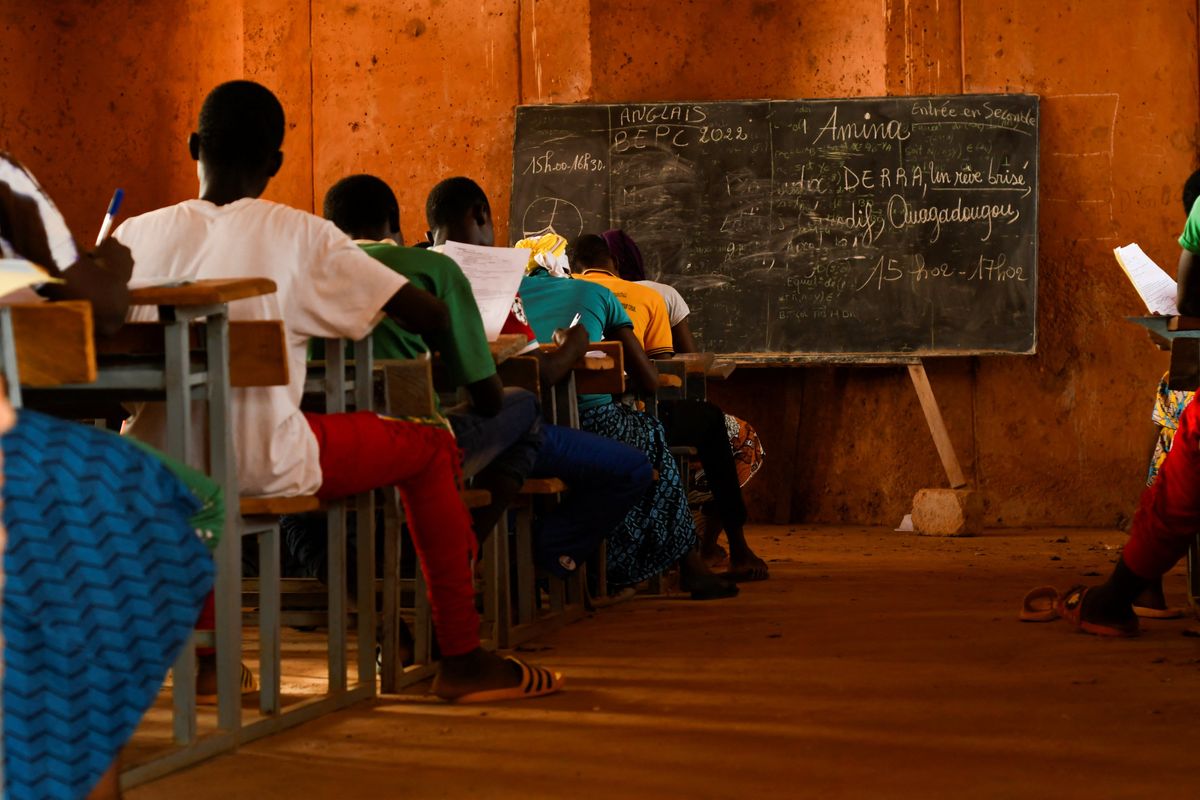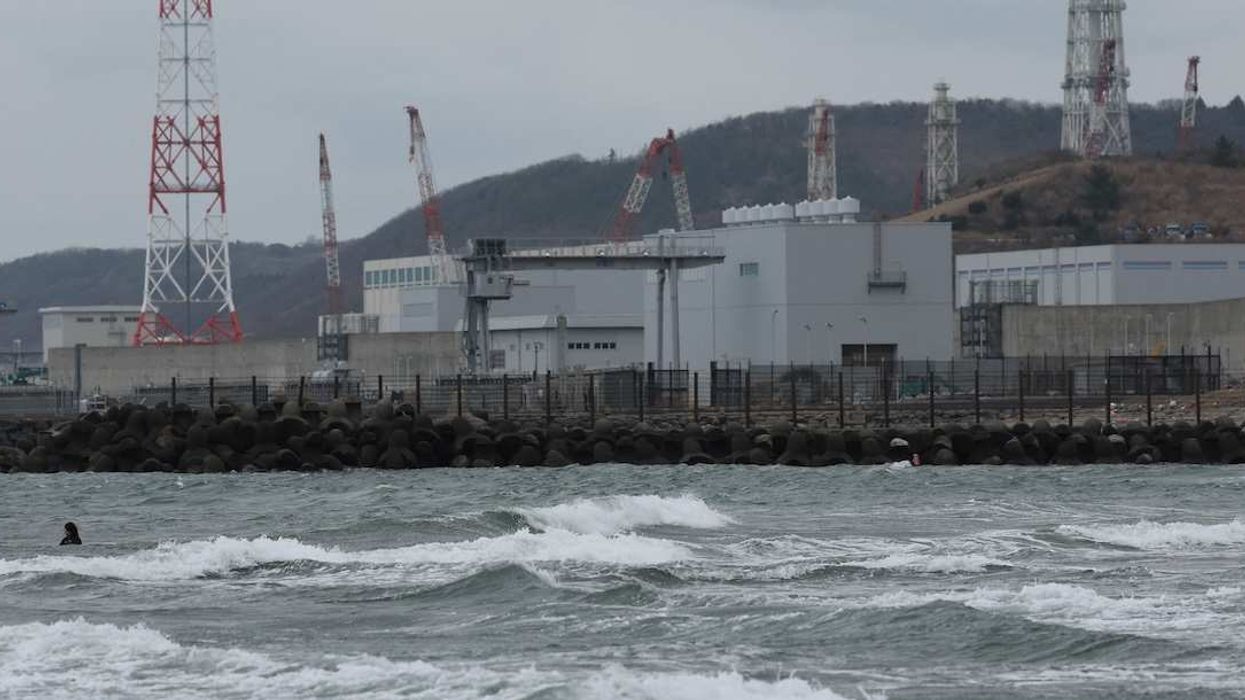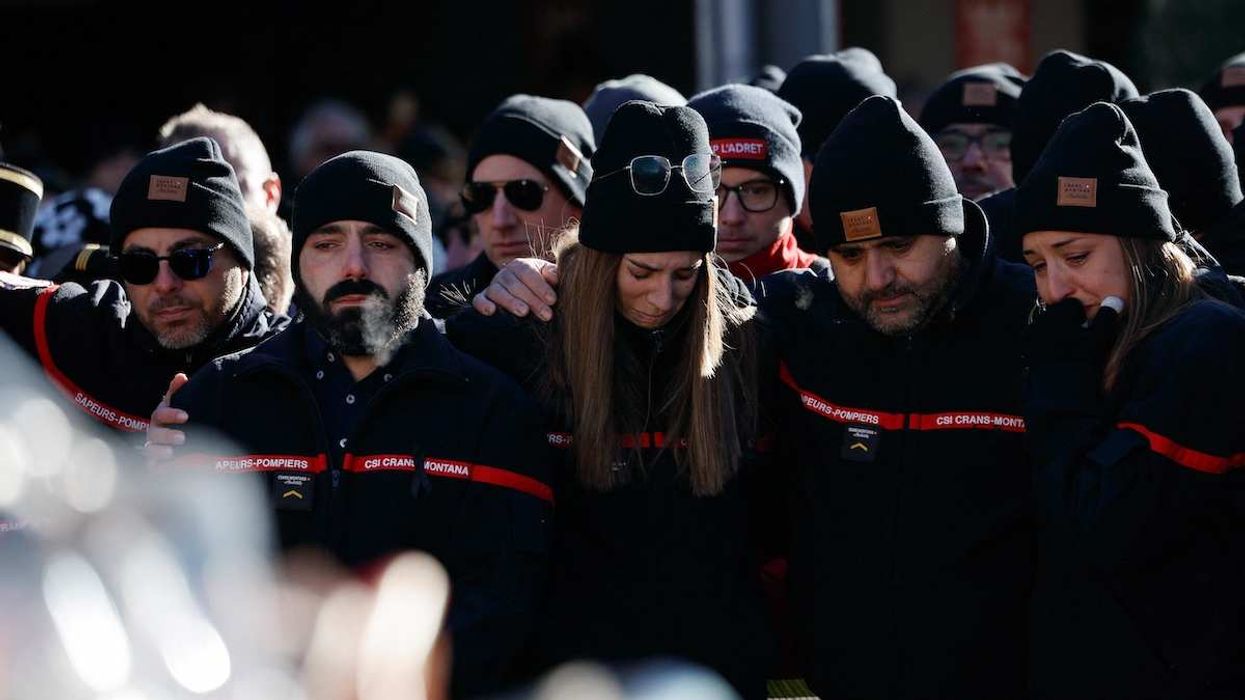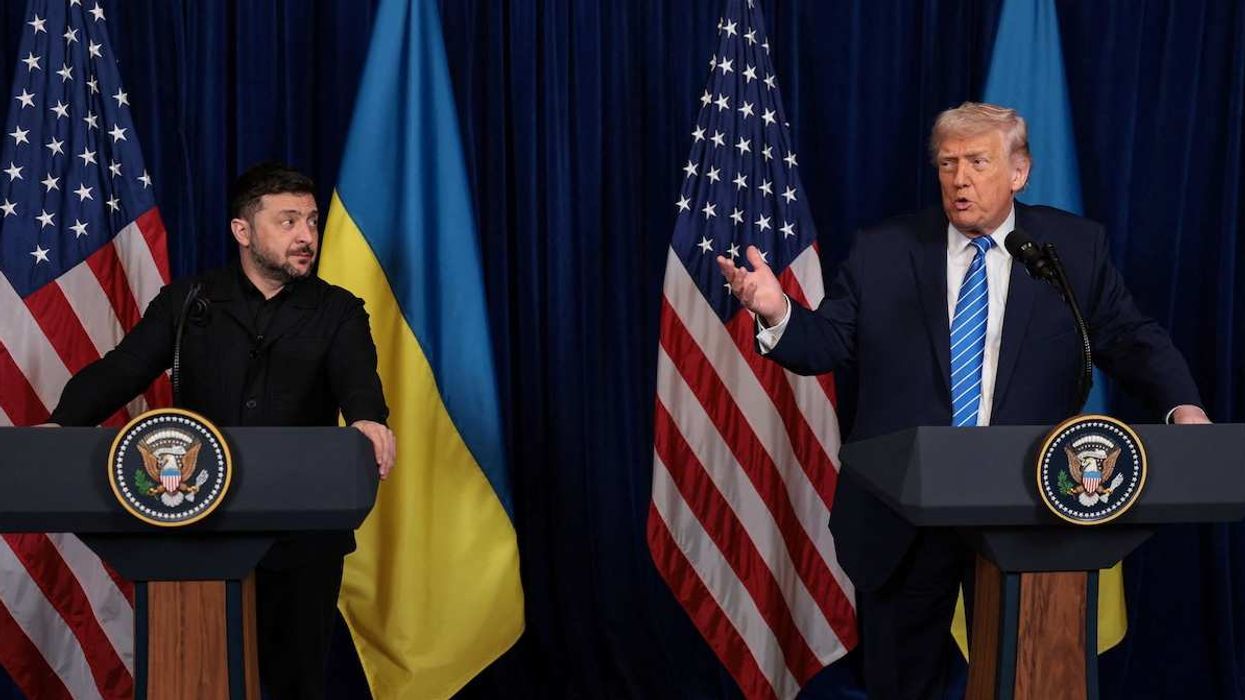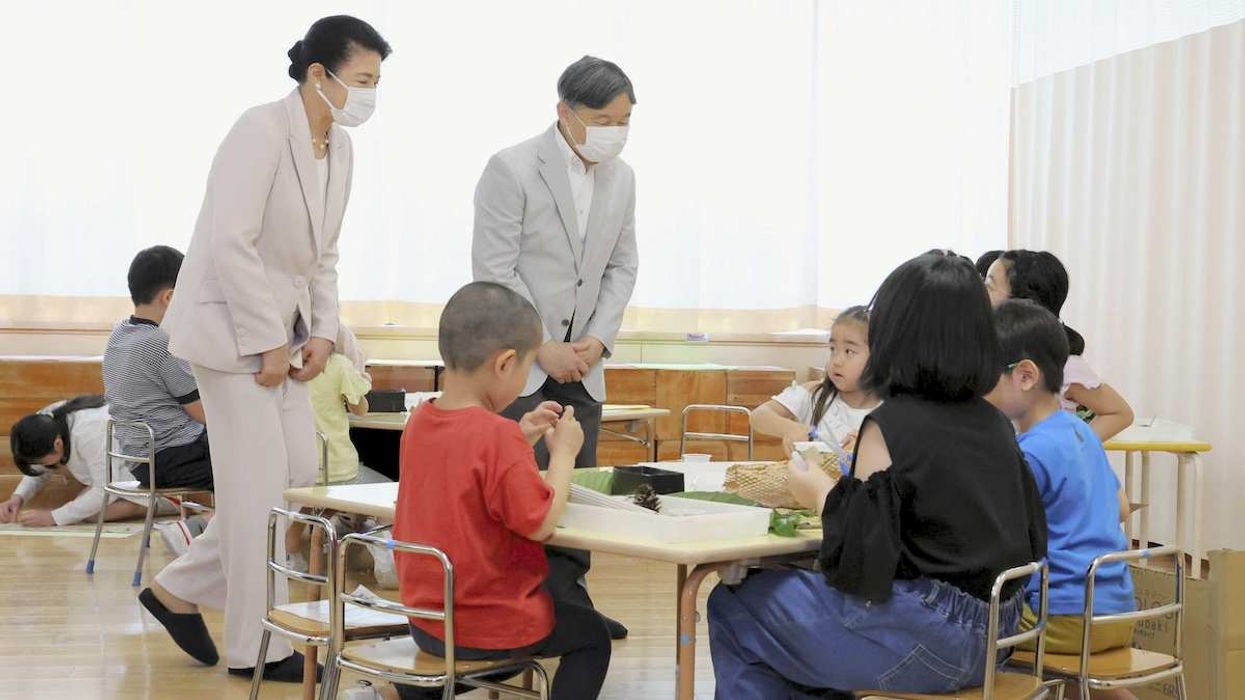1,000,000: In Burkina Faso, where violence has raged unabated for five years, more than a quarter of schools are closed due to a sharp increase in fighting. The number of closed schools has risen by thirty percent since a coup last year, affecting more than 1,000,000 students and creating a looming education crisis in the country.
2: China appointed a new ambassador to Afghanistan on Wednesday, reopening diplomatic relations two years after the Taliban took control of Kabul. Analysts say the move is meant to give China a bigger role in helping to stabilize Afghanistan – Beijing has energy and mineral investments in the country, and also fears that if the Taliban government falters, the country could become a haven for anti-Chinese extremists and terrorists.
800: The galaxy waited with baited breath Thursday morning as NASA unsealed its official study of UFOs– or UAPs as they are called these days (Unidentified aerial phenomena). The takeaway: NASA doesn’t know what most of the 800 reported UAP sightings are, but it knows for sure that most of them aren’t extraterrestrials. The report attributes most UAP run-ins to natural phenomena, and announced that UAP research and data collection is now a top priority– on par with space exploration and Earth science.
3: The EU removed 3 Russian oligarchs from its sanctions list, citing concerns that the sanctions would not withstand legal challenges in international courts. At the same time, ordinary Russians who cross into the EU by car are now subject to having their vehicles and valuables confiscated on the spot by Baltic border guards.
